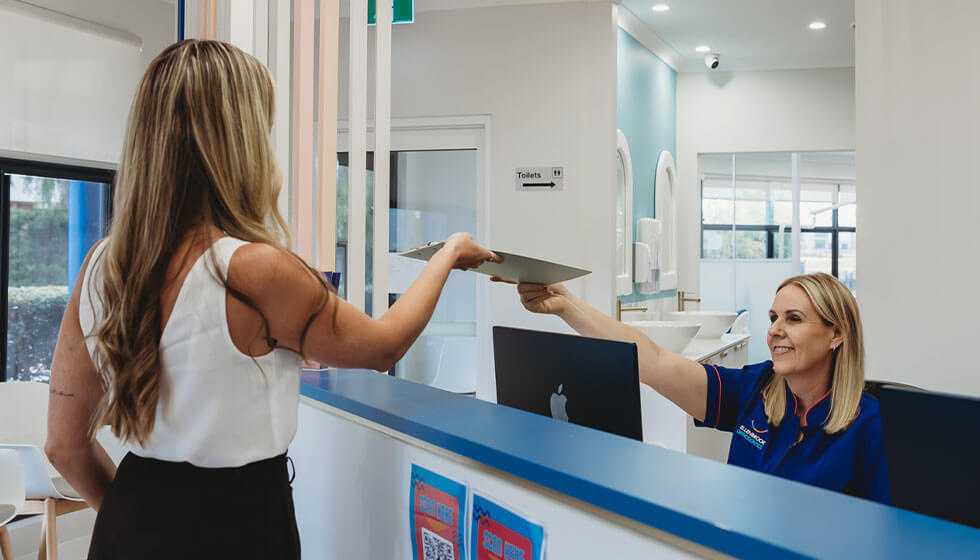Patient resources
We want you to feel as informed and confident as possible during treatment. Our team has gathered together these resources to help you through every step of your treatment.

We want you to feel as informed and confident as possible during treatment. Our team has gathered together these resources to help you through every step of your treatment.
